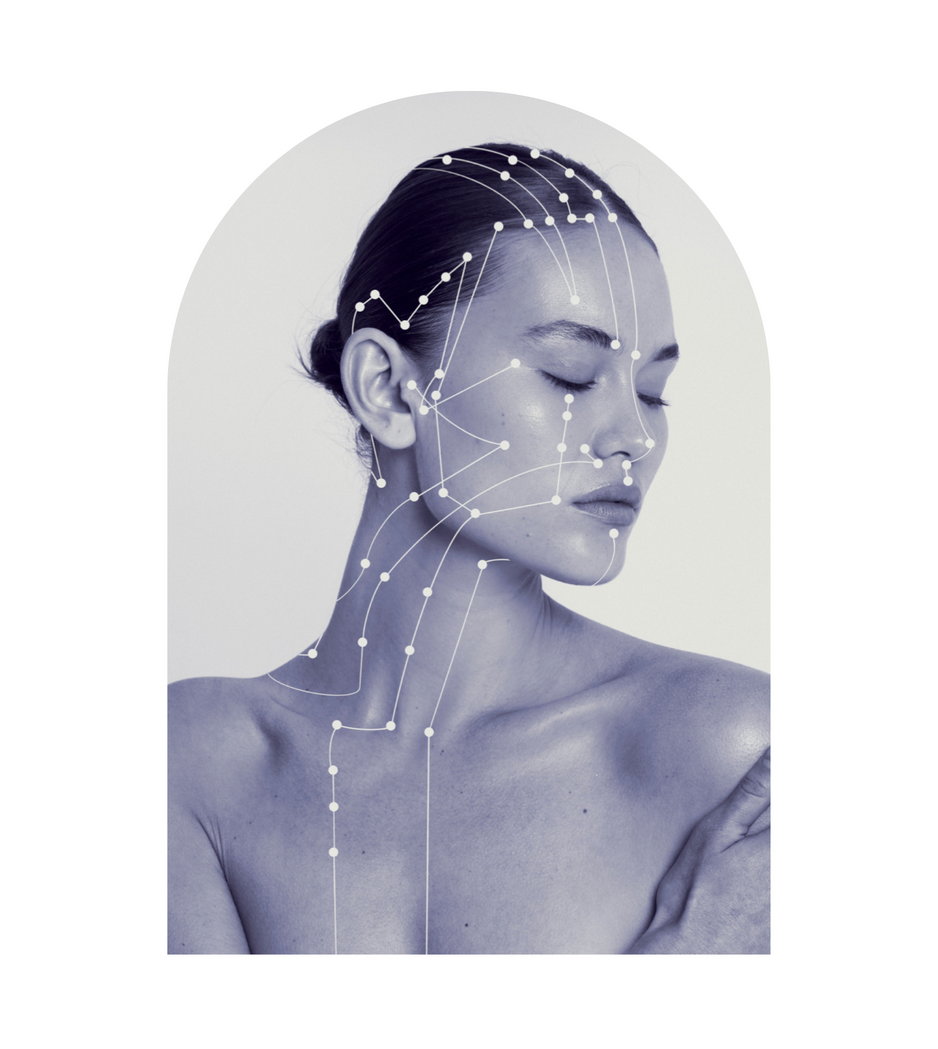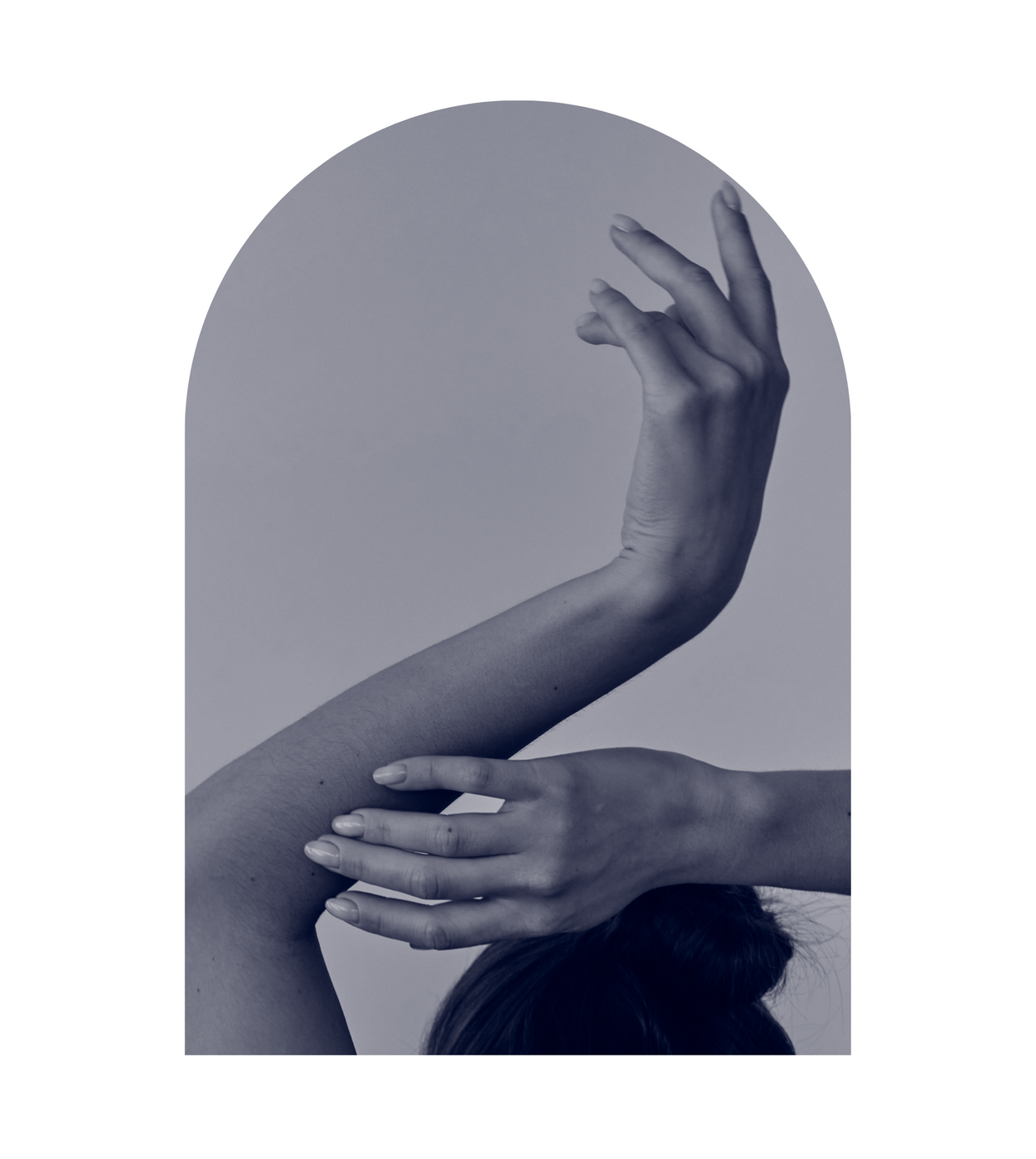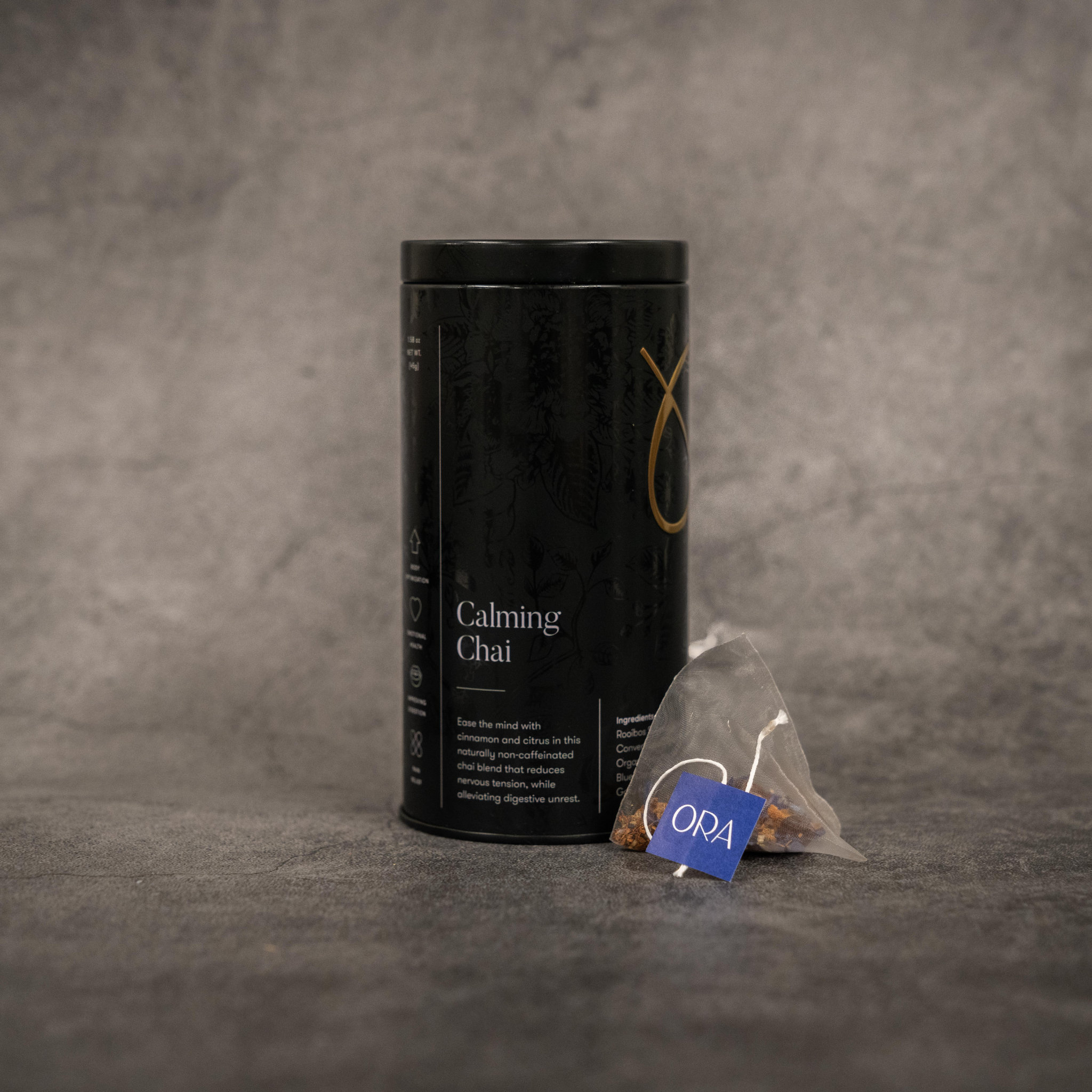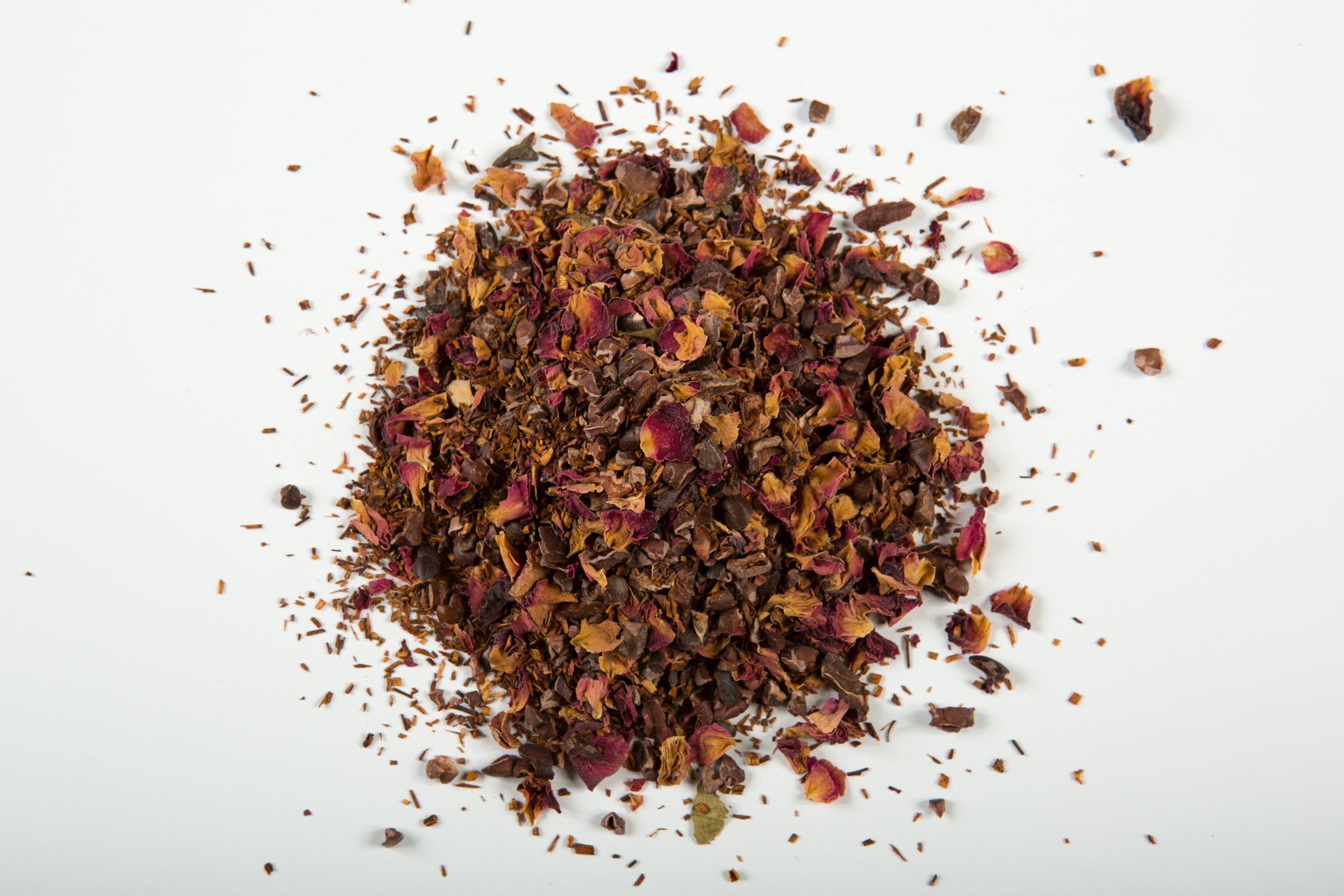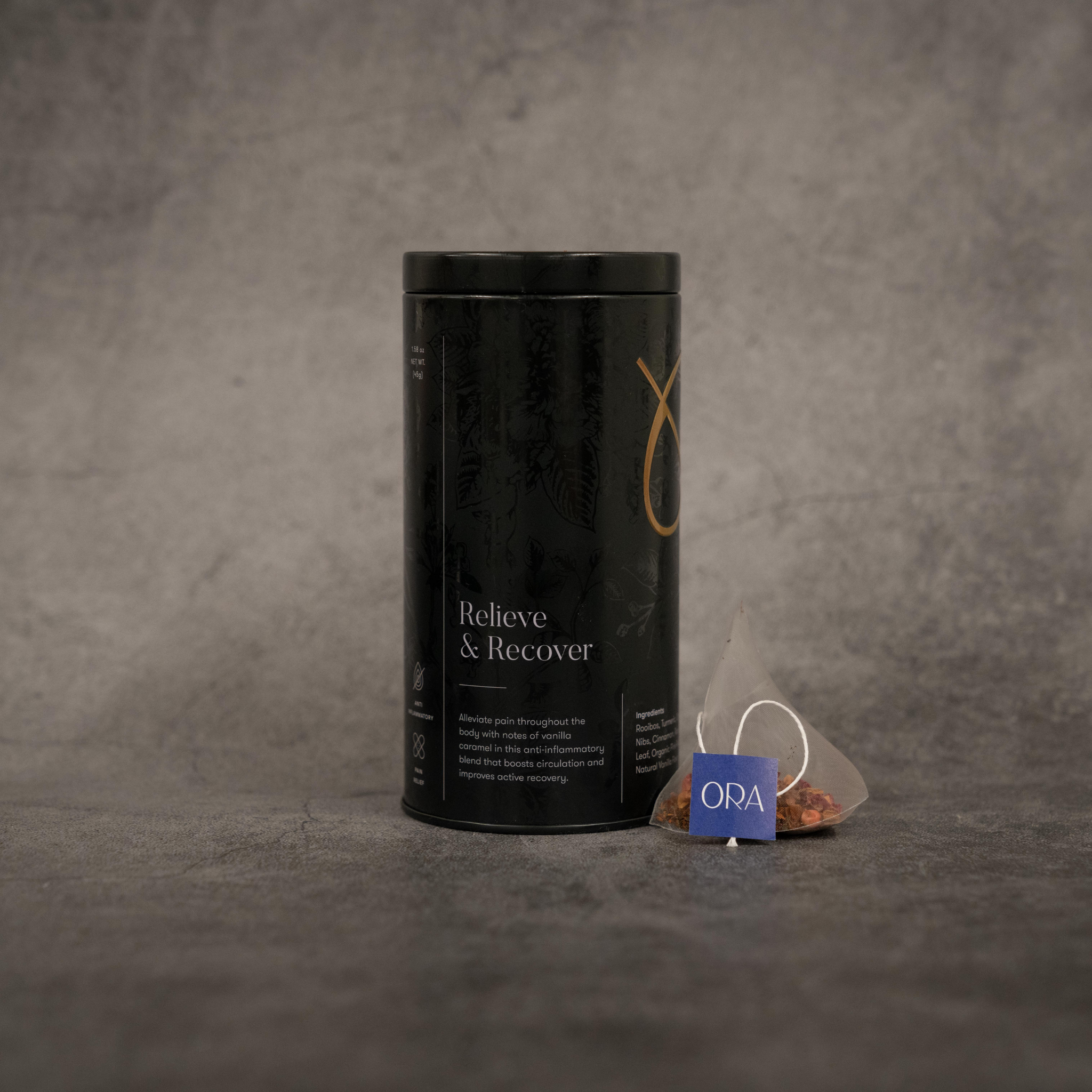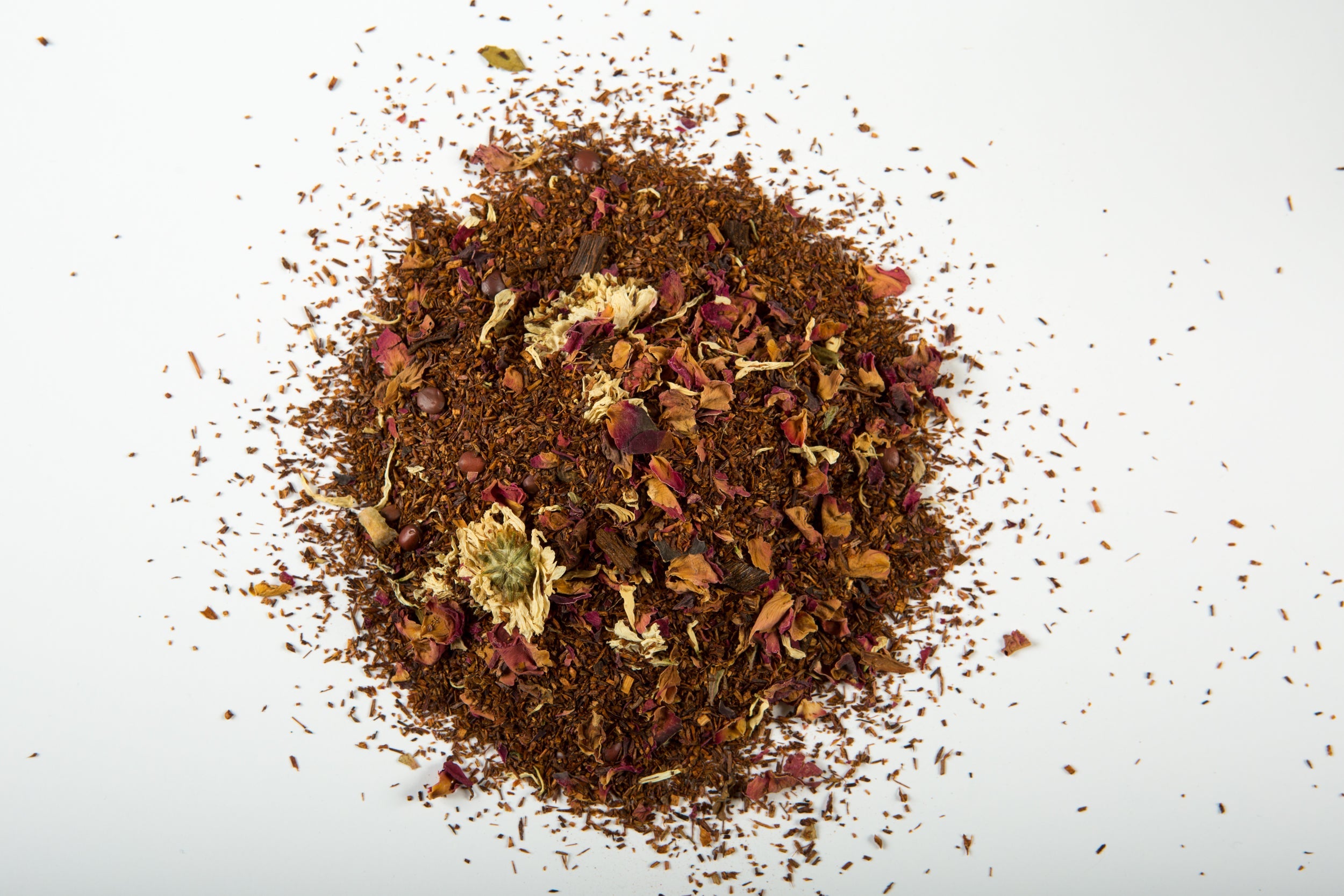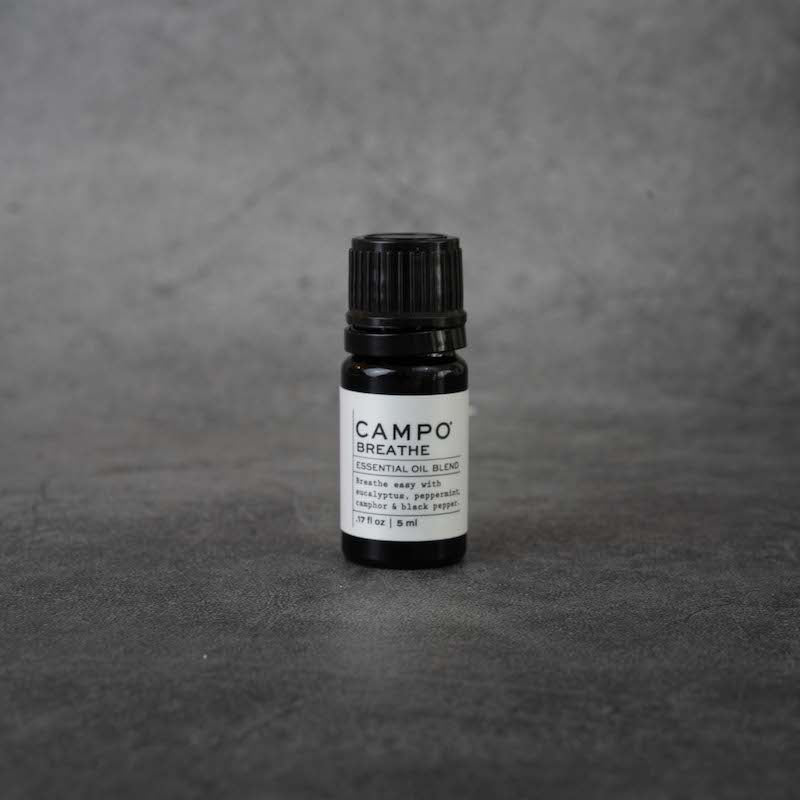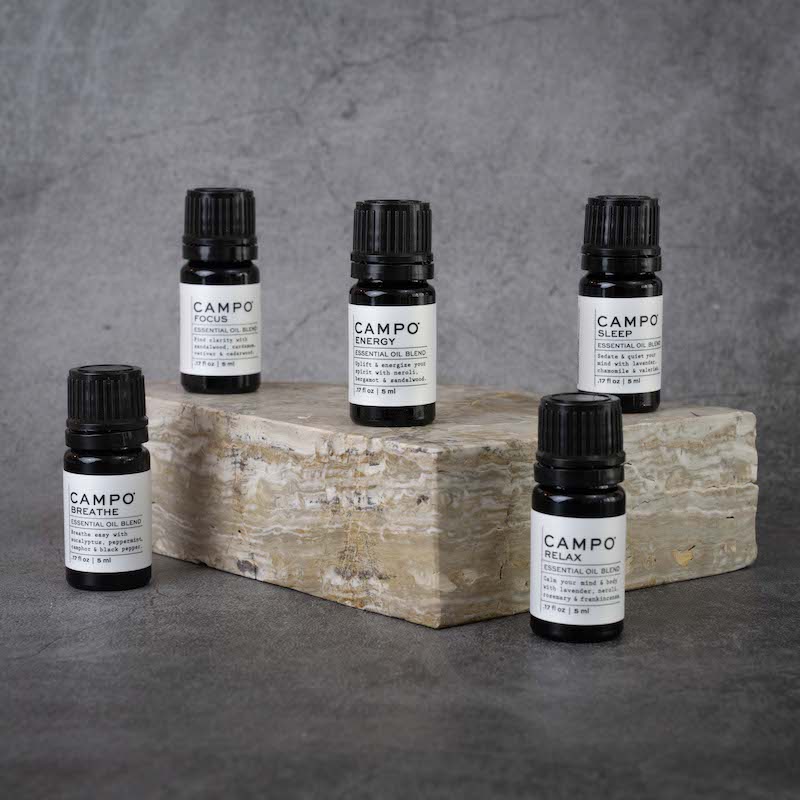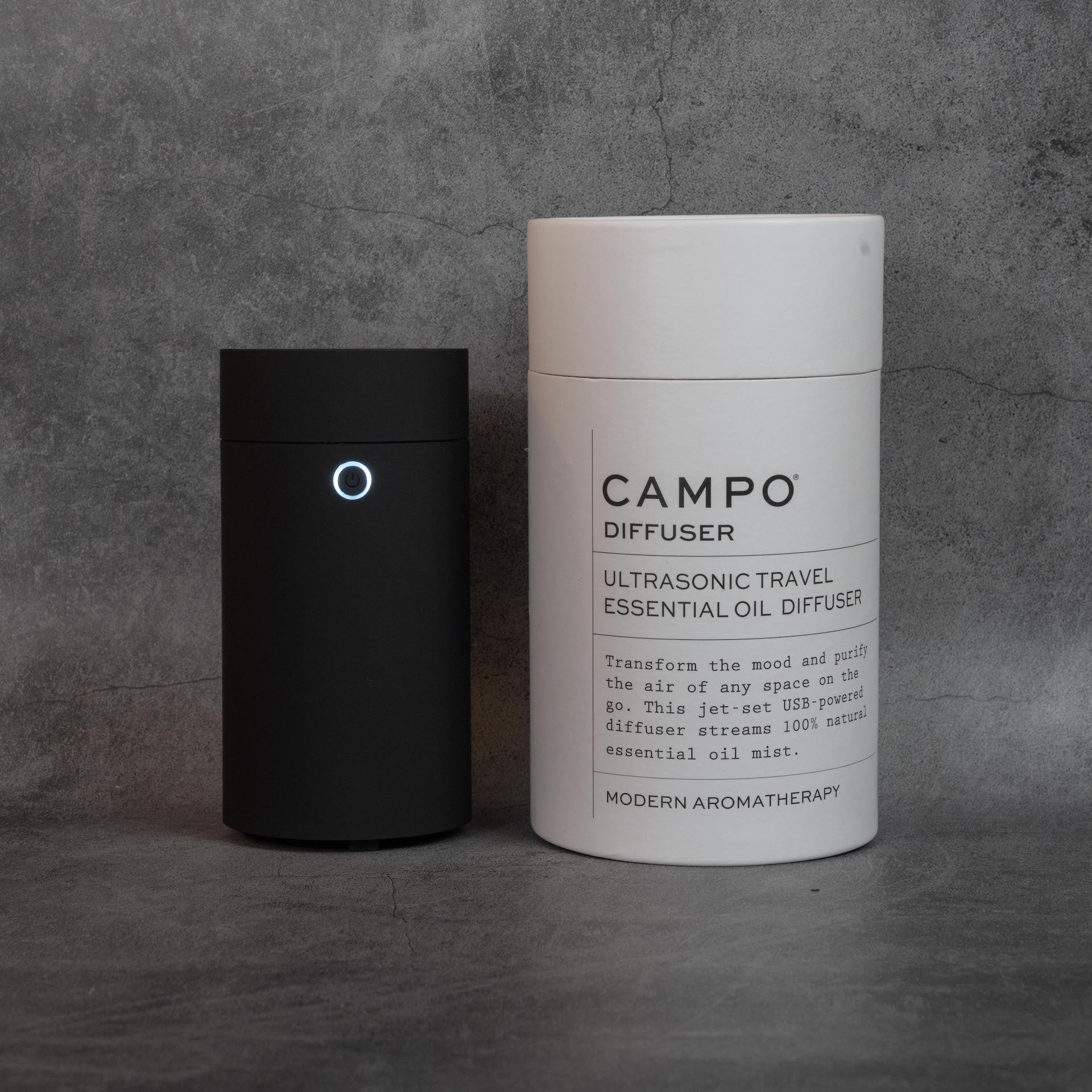Mental health issues like anxiety and depression can have a profound impact on your quality of life. While Western medicine can provide some relief in the form of medication and therapy, traditional Chinese medicine (TCM) offers a complementary approach that focuses on restoring balance and promoting natural healing. According to TCM, anxiety and depression are caused by imbalances in the body's energy, or qi, which can be influenced by both genetic and environmental factors. TCM treatments aim to identify and correct these imbalances through a variety of techniques, including acupuncture, herbal remedies, and dietary adjustments.
Acupuncture, in particular, has been shown to be effective in treating anxiety and depression by regulating the body's nervous system and promoting the release of natural stress reducing chemicals like endorphins. For anxiety disorders, acupuncture is used to regulate imbalances and functions related to the heart organ and channel. By stimulating specific points on the body, acupuncture can help to restore balance to the body's energy, reducing anxiety and improving mood. Depression is primarily treated by regulating imbalances involving the liver, its energetic properties, and channel blockages.
Herbal remedies are another common TCM treatment for anxiety and depression. These remedies are tailored to the individual patient's specific needs and may include ingredients like ginseng and ashwagandha, which have been shown to have mood-lifting and calming effects. TCM practitioners believe that certain foods can either exacerbate or alleviate these conditions, so they may recommend avoiding foods that are considered to be "damp" or "heat-inducing" and instead focusing on foods that are "cooling" and "nourishing."
TCM treatments for anxiety and depression have helped many patients find relief through a natural and holistic approach. Traditional Chinese medicine treatments are generally a safe and effective option for many patients. If you're considering TCM treatments for anxiety or depression, it's important to work with a qualified practitioner who can develop a personalized treatment plan that takes into account your individual needs and health history. As with any complementary therapy, it's important to continue working with your primary care physician and mental health care provider to ensure that all of your treatments are working together to promote your overall health and well-being.
Traditional Chinese medicine offers a unique and effective approach to treating anxiety and depression. Once the condition is successfully brought under control, acupuncture can continue to maintain balance. While there is still a stigma surrounding mental health, more people are recognizing its importance. Each person’s path to recovery is unique, and it is crucial to explore every possible route. By addressing imbalances in the body's energy and promoting natural healing, TCM treatments can help to alleviate symptoms and improve quality of life. If you're struggling with anxiety or depression, consider exploring these natural and holistic treatment options to find relief and restore balance to your body and mind.




